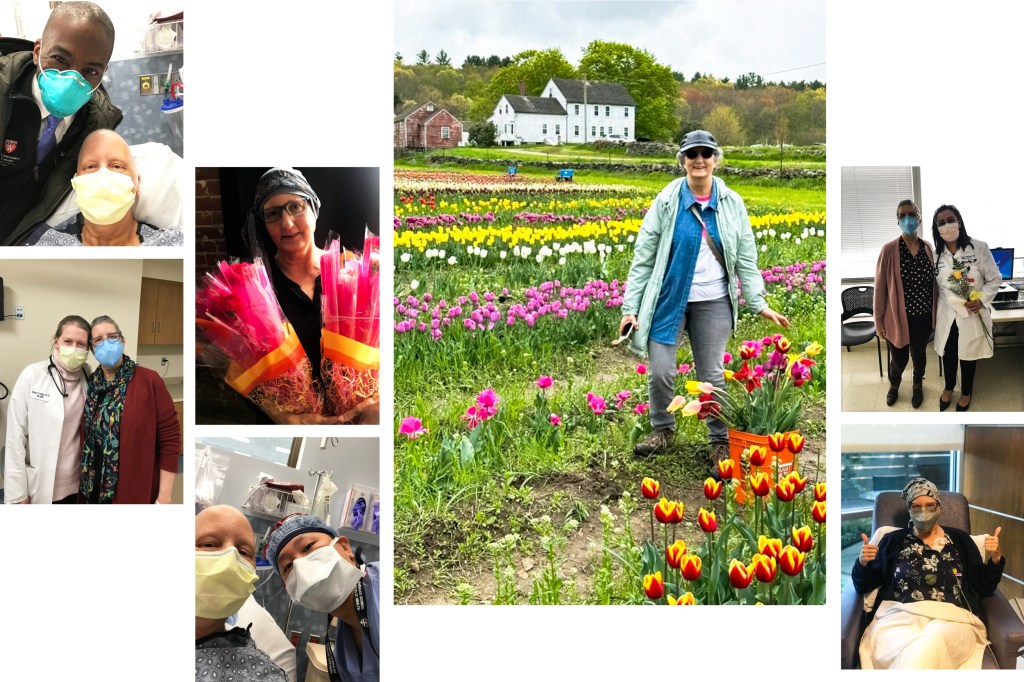Health
-

6 keys to a long, healthy life (ice cream included)
Also, why reading Ben Franklin beats climbing Mount Everest
-

Six cancers rising faster in younger adults than older ones
Large new global study fuels growing concern over trend of increases in several types

-

What’s next for GLP-1s?
Scientists eye new treatment targets for popular weight-loss drugs, from heart failure to addiction
-

Pricey blockbuster GLP-1s are costing users — and most of the rest of us, too
Health insurers are passing along cost for coverage in form of higher rates across the board, policy researcher says
-

Drinking 2-3 cups of coffee a day tied to lower dementia risk
Caffeinated tea also found to slow cognitive decline in study

-

New AI tool predicts brain age, dementia risk, cancer survival
Unlike other AI models, BrainIAC needs limited data to ID key neurological health indicators

-
Care riskier for patients at private equity hospitals
Study finds alarming decline in quality, safety measures after buyouts

-
What Rochelle Walensky learned
Sees major progress in science since 1918 Spanish flu outbreak, but says complications of politics have plagued every epidemic since

-
Women more likely to suffer drug side effects, but reason may not be biology
Studies debunk prevailing belief, highlight series of gender-based social factors
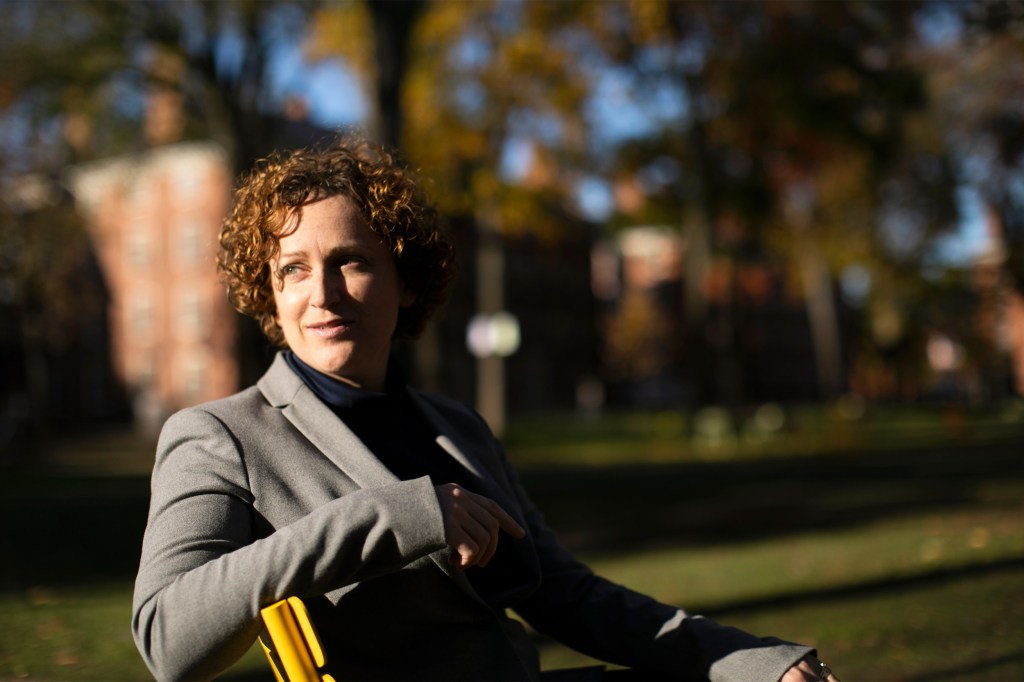
-
Why are Americans so sick? Researchers point to middle grocery aisles.
Obesity and disease rising with consumption of ultra-processed foods, say Chan School panelists

-
Saving lives in the ICU: Clean teeth
‘Striking’ study suggests daily use of a toothbrush lowers risk of hospital-acquired pneumonia, intensive-care mortality

-
What happens in the brain while daydreaming?
Observations in mice hint at the role of daydreams in remodeling the brain

-
Gene-editing treatment could replace cholesterol meds
Early stage test shows promise, but cardiologist notes more study needed into longer-term, unintended effects

-
How serious is FDA warning about revolutionary blood-cancer treatment?
Dana-Farber Cancer Institute researcher details promise, peril of CAR T-cell therapy, which enlists body’s immune system to fight disease
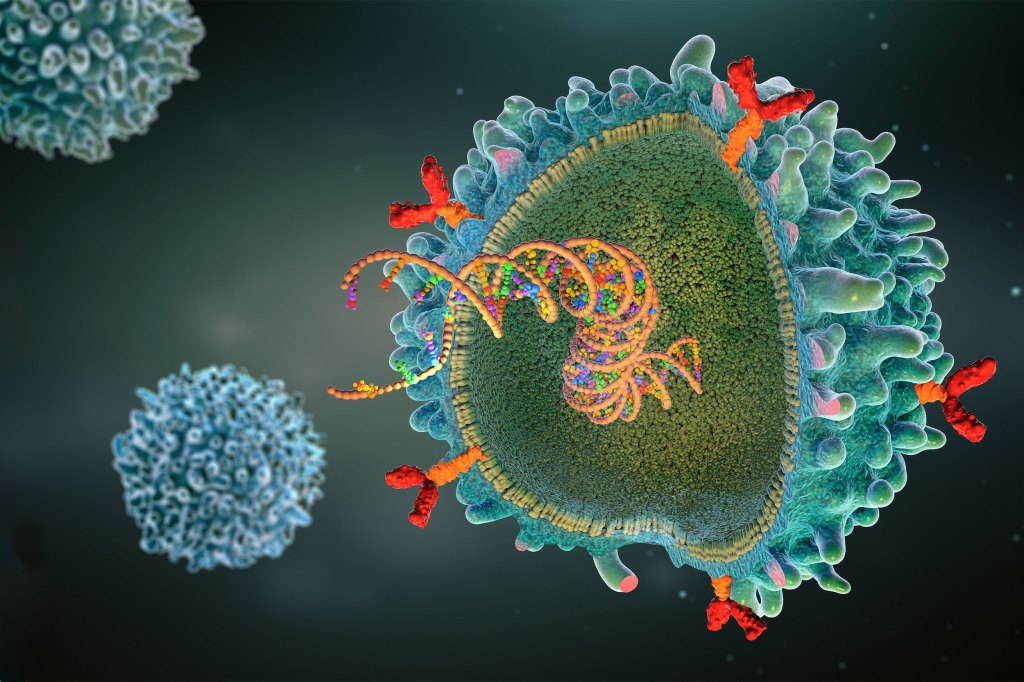
-
Don’t need high cholesterol to benefit from statins
Studies find drug protects against heart disease in high-risk groups
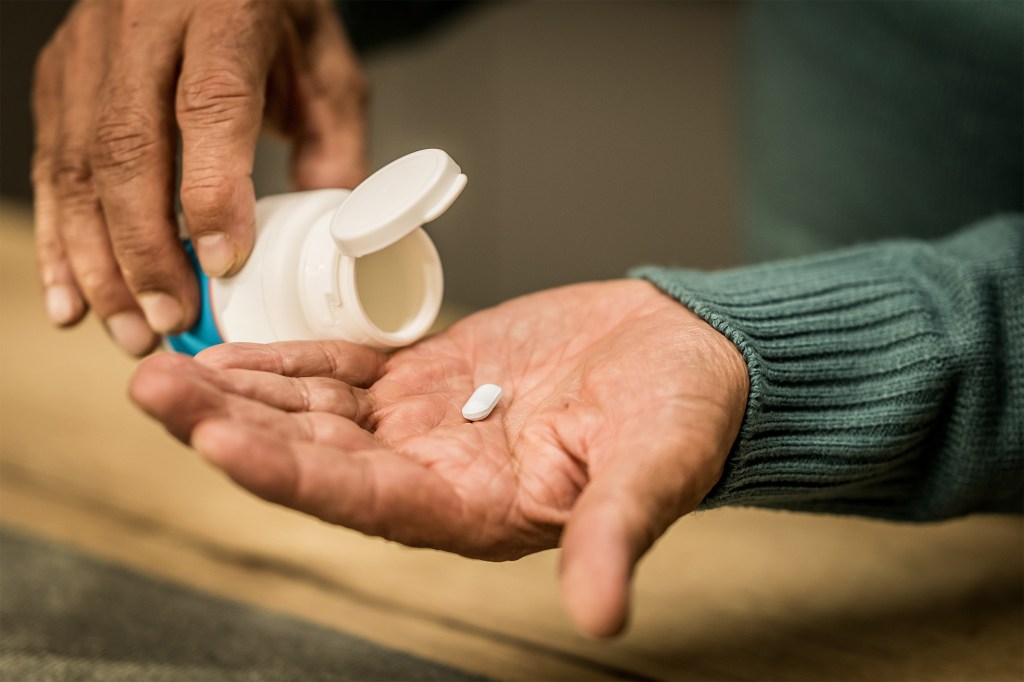
-
Scorecard reveals risk of dementia, stroke
Researchers developed Brain Care Score to assess how current habits will impact future brain health

-
Legacy of heading off deaths from industrial air pollution
Dominici details decades-old Harvard roots of latest findings showing particles from coal-fired power plants deadliest
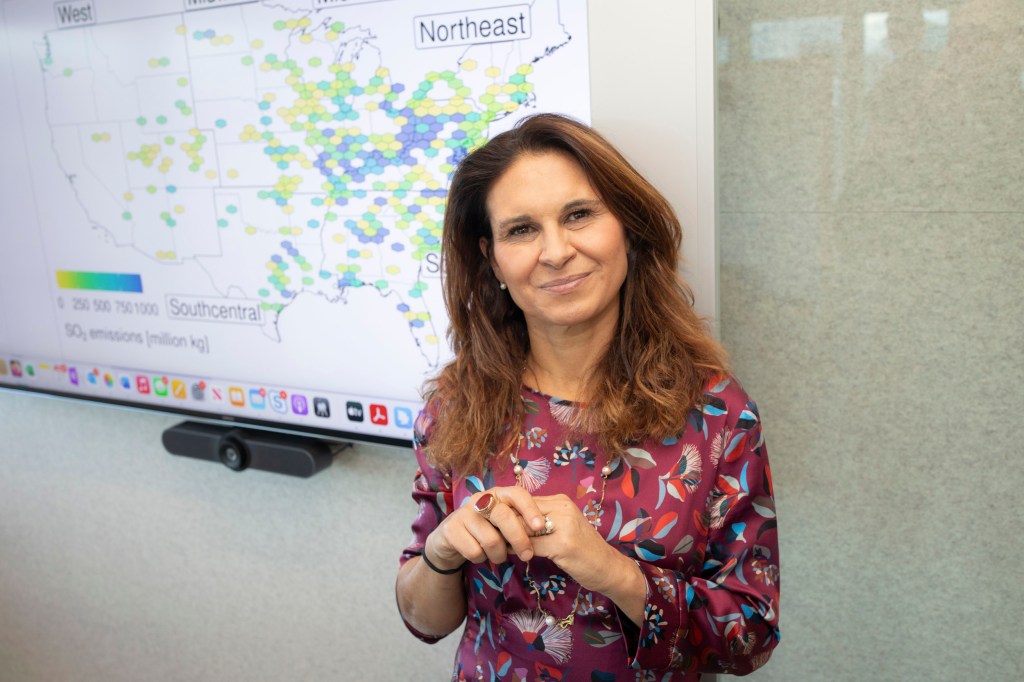
-
AI may be just what the dentist ordered
Could close the gap, allowing for more equitable access to care and treatment

-
Headache or sore all over after bad night’s sleep?
Newly identified chemical link between chronic pain, sleep loss could help sever vicious cycle

-
After decades of improvement, cardiovascular health rates on worrying path
CDC report trend is stagnating — and for middle-aged, even declining

-
‘It’s much more harmful than we thought, and its mortality burden has been seriously underestimated’
Study finds particulate air pollutants from coal-fired power plants may be twice as deadly as that from other sources

-
Uncovering a culprit behind the itch
Scientists identify common microbe that activates nerve cells in the skin, igniting the urge to scratch

-
Smart trackers may predict health risks in older adults
Researchers find wearable devices detect circadian disturbances associated with age-related decline
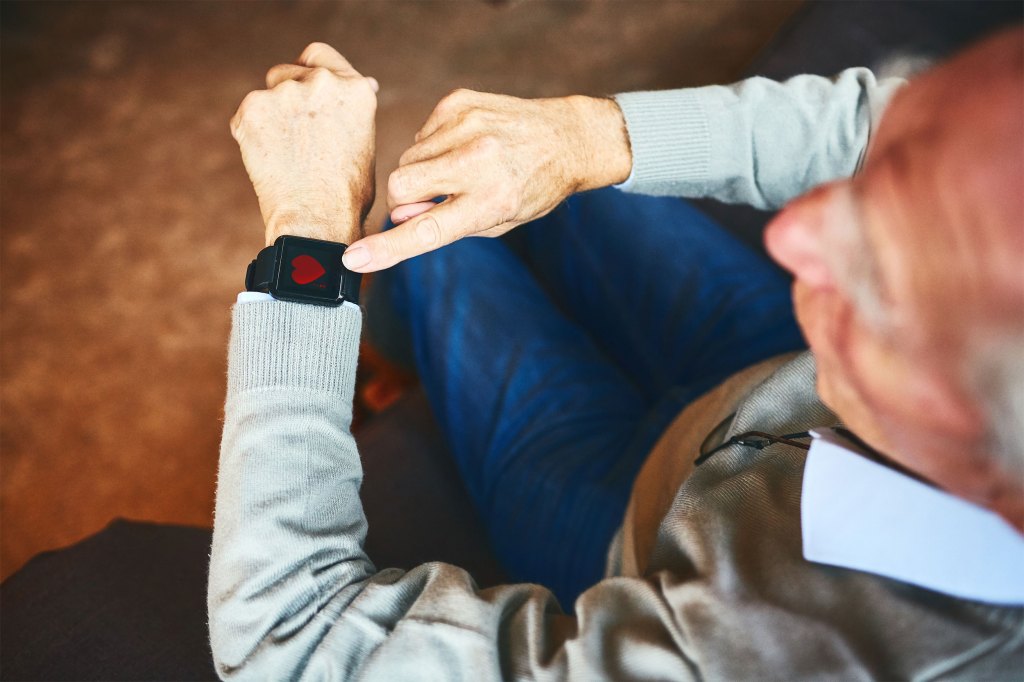
-
‘When you’re with a patient … their suffering counts more than your suffering’
Symposium honoring late global health pioneer Paul Farmer reflects on achievements, purpose, influence of Haiti

-
‘There’s no treatment if you don’t know what you’re treating’
Network of medical detectives solves genomic mystery of boy plagued by series of life-threatening, seemingly disparate ills
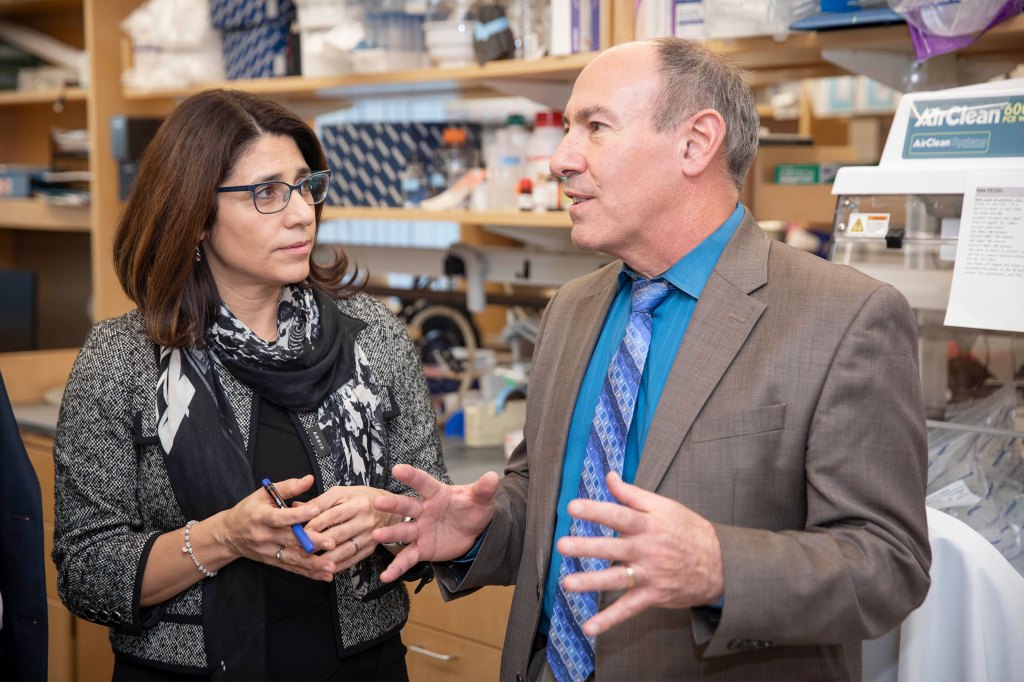
-
U.S. men die nearly six years before women, reflecting largest gap since 1996
Analysis finds COVID-19 and ‘deaths of despair’ behind trend that has been growing since 2010

-
Benefits of work-life balance extend to heart health, study suggests
Intervention benefits older, lower-wage workers at higher risk, novel Chan School study finds

-
Waistline growing? Eat more veggies — but not this kind.
Study adds starchy variety to list of culprits contributing to middle-age weight gain

-
Research shows working out gets inflammation-fighting T cells moving
Activated by regular exercise, immune cells in muscles found to fend off inflammation, enhance endurance in mice

-
How being stigmatized can harm health
Professor of Psychology Mark L. Hatzenbuehler’s course, “Stigma, Discrimination, and Health,” examines the wide-ranging problem that touches on sexuality, body weight, immigration, and poverty.

-
Hot yoga potent antidepressant in study
In a randomized controlled clinical trial, heated yoga sessions led to reduced depressive symptoms in adults with moderate-to-severe depression.

-
Erasing reminders of stigmatizing, traumatic past
Harvard Medical School-Mass General dermatologists use lasers to remove gang, trafficking tattoos, stigmatizing and often traumatic reminders of the past.

-
Worries about depressed men and IVF are unfounded
New study reveals no correlation between anxiety, regardless of antidepressant use, and IVF outcomes or live birth rate.

-
Study finds link between breastfeeding, rise in adult colorectal cancer risk
Mothers should not halt practice of breastfeeding, which offers many benefits to infants, as much more research is still needed, scientists say.

-
You think you’re fighting your anxiety, but you’re making it worse
An emotion many avoid and view as an illness may actually help us thrive, psychologist David Rosmarin says.

-
Gift of tulips: Surviving breast cancer
Bobbie Collins, a writer for Harvard Medical School, shares a firsthand account of her bout with the disease.
